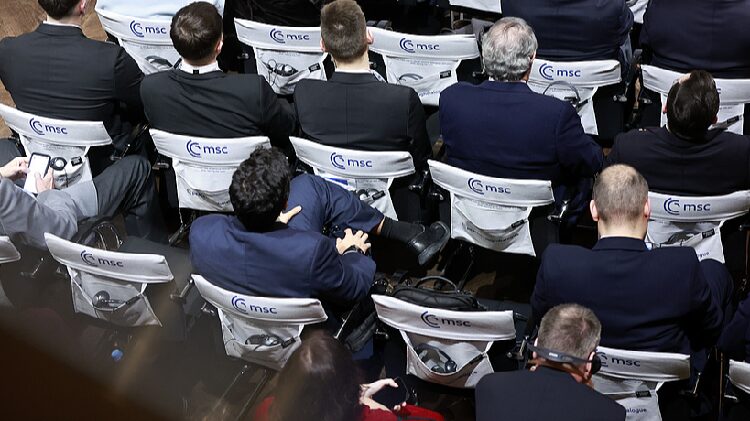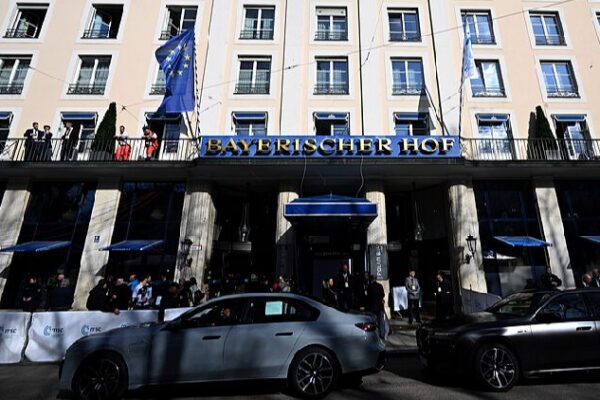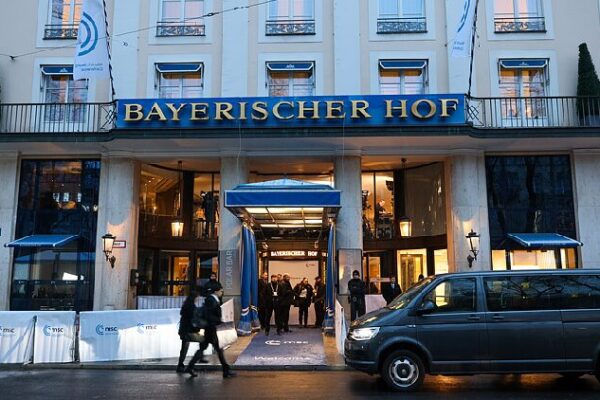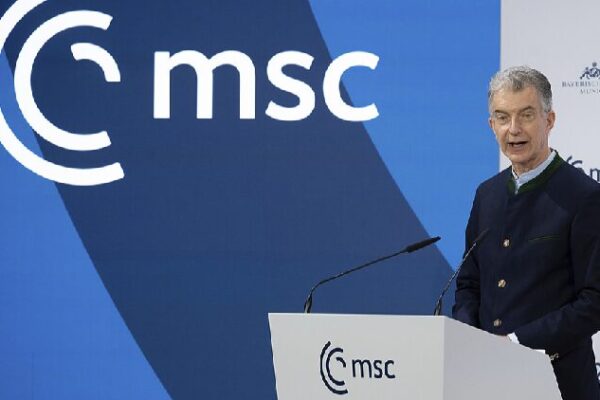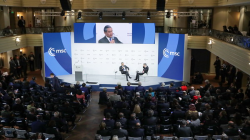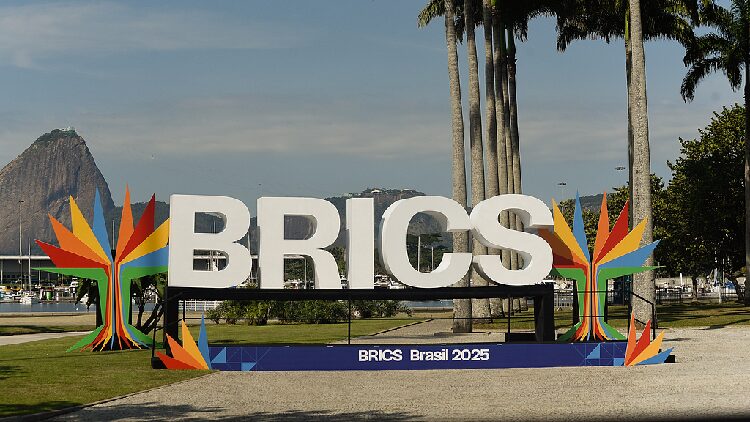Global leaders have gathered at the Munich Security Conference (MSC) to address some of the world’s most pressing security challenges. This annual event brings together heads of state, ministers, and experts to discuss global peace and security in an increasingly complex world.
This year’s conference centers around the theme of “Multipolarization”, reflecting the shifting balance of power on the global stage. Nations are navigating a world where influence is spreading beyond traditional powers, leading to new alliances and rivalries.
Chinese Foreign Minister Wang Yi attended the conference, emphasizing China’s commitment to a multipolar world based on mutual respect and cooperation. “China seeks peaceful development and international collaboration,” he stated during the “China in the World” session.
While Russia is absent from the conference, discussions about its role in international affairs remain prominent. Recent tensions between Russia and Ukraine have heightened concerns among European nations and NATO allies. The ongoing situation has sparked debates on how to achieve stability in the region.
The United States, represented by senior officials, engaged in dialogues focusing on global security and cooperation. Key topics included the importance of diplomacy, conflict resolution, and addressing emerging threats.
Ukraine’s President Volodymyr Zelenskyy also participated, seeking support and collaboration from international partners. The conflict in Eastern Ukraine remains a critical issue, with efforts underway to find a peaceful resolution.
One significant point of discussion is the concept of a multipolar world order. Many nations from the Global South are advocating for a more inclusive international system. They argue that a multipolar world allows for greater representation and addresses the interests of emerging economies.
The Munich Security Conference serves as a platform for these vital conversations, highlighting the need for cooperation amid global challenges. As the world faces issues like regional conflicts, economic disparities, and climate change, the role of international dialogue is more important than ever.
With leaders advocating for peace and mutual understanding, the hope is that such conferences will lead to tangible actions that promote global stability and prosperity for all nations.
Reference(s):
cgtn.com
